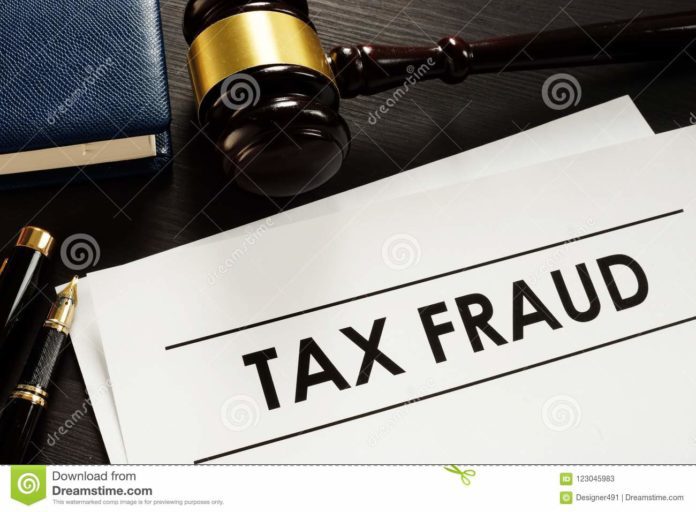Tax fraud prevention is a significant issue that poses serious consequences for taxpayers and undermines the integrity of the tax system. Recognizing the importance of combating this illegal activity, the Justice Department has undertaken robust efforts to identify, prosecute, and hold accountable those who engage in fraudulent tax preparation practices.
The Justice Department’s Tax Division has been at the forefront of this battle, working diligently to protect taxpayers and uphold the integrity of the tax system. Through a combination of civil injunctions and criminal prosecutions, the Tax Division has sought to deter fraudulent behavior and ensure that those who violate the law are held accountable for their actions.
One of the key strategies employed by the Tax Division is the use of civil injunctions to prevent fraudulent tax preparers from continuing their illegal activities. These injunctions, obtained through legal proceedings in federal courts, prohibit individuals and businesses from preparing tax returns for others or owning or operating tax preparation businesses. By obtaining these injunctions, the Tax Division effectively shuts down fraudulent operations and prevents further harm to taxpayers.
Recent examples of successful civil injunctions highlight the Tax Division’s commitment to combating tax fraud. In cases such as Rudy Aly, Rhonda Hudge, Cindy Odige, Melida Portorreal, and Johnathan Perry, individuals and businesses engaged in various forms of fraudulent tax preparation were permanently barred from continuing their illegal activities. Additionally, these individuals were ordered to disgorge ill-gotten proceeds and pay restitution to the United States, sending a clear message that fraudulent behavior will not be tolerated.
In addition to civil injunctions, the Tax Division has also pursued criminal prosecutions against individuals involved in fraudulent tax preparation schemes. These prosecutions have resulted in convictions and significant penalties for those found guilty of violating tax laws. From California to Mississippi, individuals have been sentenced to prison and ordered to pay restitution for their roles in preparing and filing false tax returns.
The successful prosecution of tax fraud cases is a testament to the dedication and expertise of the Justice Department’s prosecutors and investigators. By working closely with U.S. Attorneys’ Offices around the country, the Tax Division has been able to identify and bring to justice those who seek to defraud the government and taxpayers.
In addition to pursuing civil and criminal actions against fraudulent tax preparers, the Tax Division also works to educate taxpayers about the importance of choosing reputable preparers and avoiding fraudulent schemes. Through outreach efforts and collaboration with the Internal Revenue Service (IRS), the Tax Division provides resources and information to help taxpayers make informed decisions when selecting a tax preparer.
The IRS Free File program, for example, offers free online tax preparation and filing options for eligible taxpayers, helping to reduce the risk of falling victim to fraudulent preparers. Additionally, the IRS provides tips and guidance on its website to help taxpayers protect their identities and finances during the tax filing process.
Looking ahead, the Justice Department remains committed to tax fraud prevention and holding accountable those who seek to exploit the tax system for their own gain. Through continued collaboration with law enforcement partners and ongoing outreach efforts, the Tax Division will continue to work tirelessly to protect taxpayers and maintain the integrity of the tax system.
In conclusion, the Justice Department’s efforts of tax fraud prevention are comprehensive and far-reaching. Through a combination of civil injunctions, criminal prosecutions, and taxpayer education initiatives, the Tax Division is working to root out fraudulent tax preparers and protect the interests of taxpayers across the country. By holding accountable those who engage in illegal tax preparation practices, the Justice Department is sending a clear message that tax fraud will not be tolerated and that those who violate the law will face serious consequences.


